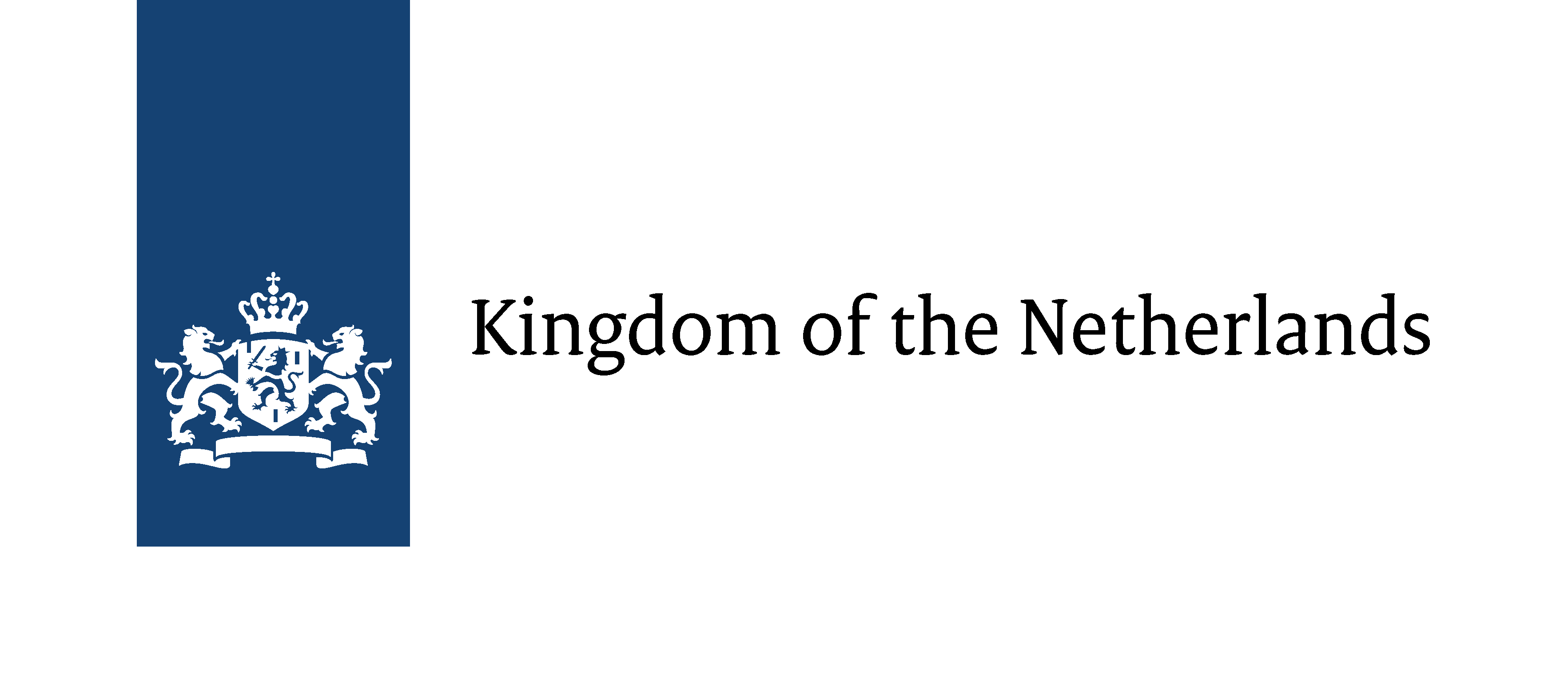This event was organized by the Climate Action Accelerator, under the auspices of the Environmental and Humanitarian Action (EHA) Network, and with cosponsorship from ECHO, the Netherlands, Norway, Switzerland, and the UAE.
Background and Objectives of the Session
As humanity is increasingly faced with the unprecedented compilation of crises posed by the planetary emergency, humanitarian actors are not only taking a front-row seat at witnessing the impact of climate change on the most vulnerable populations: they are also part of the solution.
Major commitments have recently been taken by humanitarian actors, acknowledging the role they have to play to mitigate the impact of climate change from their own actions while increasing their capacity to anticipate and respond to climate-related crises. As of May 2023, more than 360 local and international NGOs have already signed the Climate and Environment Charter for Humanitarian Organizations1, while most EU governments have endorsed the “Humanitarian aid donors declaration on climate and environment.”2 These commitments now need to be operationalized.
Over the past couple of years, many organizations have taken innovative initiatives towards a better integration of climate and environmental considerations into their operations and programming. However, humanitarian stakeholders still tend to lack a common understanding of what’s practically needed – at the level of individual organizations and collectively- especially when it comes to moving towards becoming a low carbon industry, while upgrading their capacity to face the challenges posed by climate-related emergencies.
Climate Action Accelerator convened a panel discussion exploring how we could, as a humanitarian sector, better equip ourselves to become a low carbon industry: what steps need to be taken for the sector to reach a tipping point after which climate transformation will inevitably unfold? What practical tools are needed better to reduce humanitarian actors’ carbon and environmental emissions? What approaches and solutions can help us go exponential? How can policymakers, UN, donors and governments create an enabling environment that will contribute to amplify change?
Key questions and takeaway
- Systematic, quantified approaches at decarbonization yield stronger, faster reduction outcomes
- Climate solutions and response to/prevention of climate-relateddisasters are two sides of the same coin. Mitigation, adaptation and resilience interlinked (+biodiv)
- Local actors are at the forefront of low carbon and resilient approaches
- Sectoral frameworks, e.g. coordination and policy frameworks, methodological guidance, capacity building and knowledge/toolssharing are a must to support and incentivize transformation; accountability
- What is needed :
- Clarifying implications of offsetting (carbon accounting, biodiversity, social environment, etc.)
- Acknowledging complexity of changing habits and behaviors, time factor
- Rethinking our models, continuous innovation, linkingbiodiversity, carbon reduction, adaptation and resilience efforts
- Funding for climate solutions should include staffing, indirect costs, and integrate longer timeframes
Keynote speakers
Bruno Jochum – Executive Director, Climate Action Accelerator
Shahin Ashraf – Chairwoman of the board of ICVA, and Head of Global Advocacy at Islamic Relief
Panel discussion and panelists
What’s needed to accelerate climate transformation in the humanitarian sector towards becoming a low carbon industry?
Moderator : Beatrice Godefroy, Climate Action Accelerator
-
Lai Ling Lee – Deputy General Director, Médecins Sans Frontières, Operational Center Geneva
Sharing the expérience of an INGO who’s recently developed its climate and environmental roadmap
-
Ousmane Sawadogo – Coordonateur général, KEOOGO, Burkina Faso
Sharing the experience of a local Sahelian humanitarian organization developing climate smart projects
-
Runa Khan – Founder and Executive Director, Friendship
Introducing Friendship’s innovative approach to local climate action in Bangladesh
-
Aurélien Dunay – Vice CEO Finance, Innovation, Investment, ACTED
Sharing insights on the 3Zero vision towards an environmental and climate transition
Closing remarks
Sheilagh Louise Henry, Head of Humanitarian Coordination for the Northern Region – Senior Humanitarian Affairs Officer, UN OCHA
Co-sponsors


The event replay
The Climate Action Accelerator is grateful to the Environment and Humanitarian Action (EHA) Network Secretariat for organizing this side-event under their auspices.
Cover photo © Annie Spratt on Unsplash


